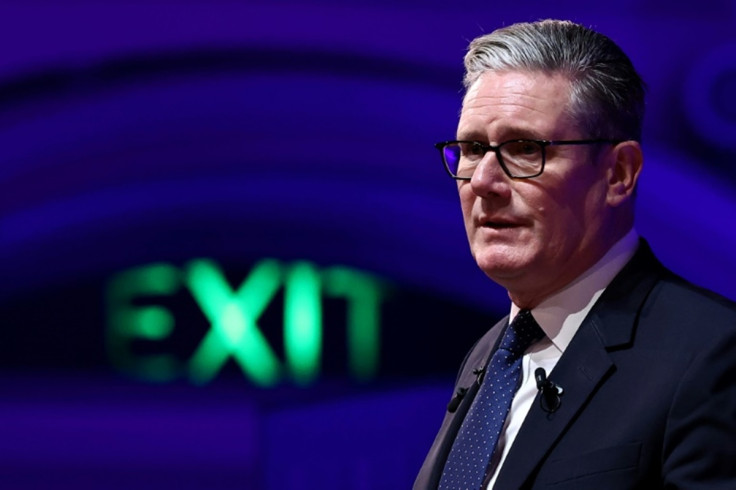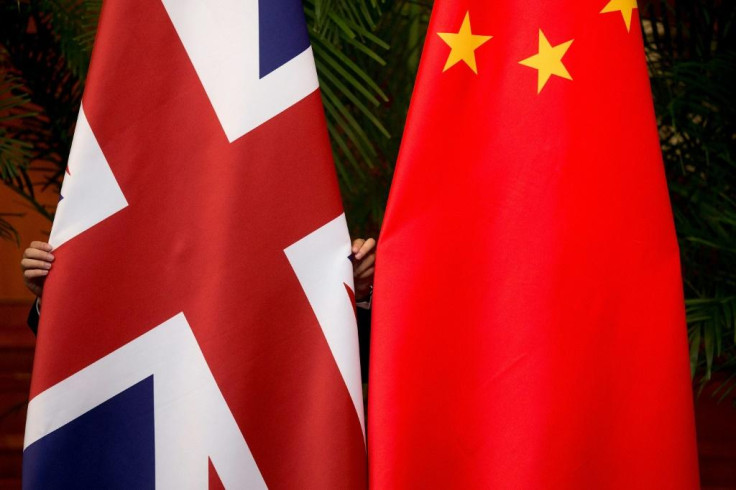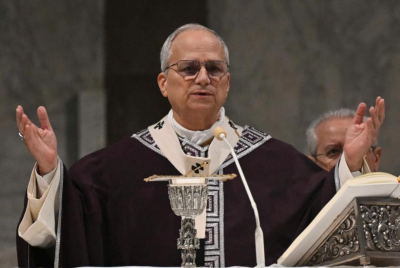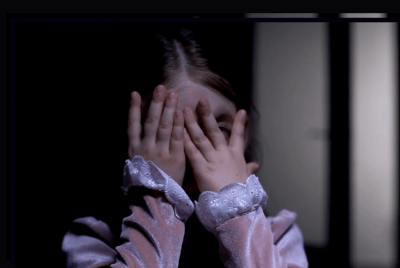UK Govt Slams Claims It Sabotaged China Spy Case — Did It?
Legal confusion over China's 'enemy' status triggers case collapse

The British government has found itself on the defensive yet again following accusations that it purposely obstructed a high-profile espionage prosecution involving two men alleged to have spied for China. The charges, brought under the Official Secrets Act, were abruptly dropped just weeks before trial. This has led to massive criticism from opposition parties and long debates in the media about possible political intervention in such a sensitive case. While officials insist that the collapse of the case was due to legal constraints, unanswered questions about transparency, timing, and motive refuse to fade.
Why Prosecutors Dropped the China Spy Case
At the heart of the controversy lies a crucial legal hurdle: prosecutors were unable to secure a formal declaration from the government confirming that China qualified as an 'enemy' under British law at the time of the alleged offences. Under the Official Secrets Act, any alleged espionage must involve communication of material that is useful to an 'enemy', a designation that must be legally established for the relevant period.
Reports suggest that prosecutors had pressed for months to secure this evidence, as well as witness statements from government departments, but none allegedly confirmed China's threat status between December 2021 and February 2023, the period in question for the case. Stephen Parkinson, Director of Public Prosecutions, said that without that confirmation, the trial could not proceed.
The timing is politically charged. The alleged offences occurred under the Conservative government, and critics argued that if China was designated as a threat back then, the case might have stood a chance.

Some critics question whether prosecutors bore responsibility for pushing ahead without securing such foundations first, but the bigger issue is the clash between legal formalities and political sensitivities surrounding UK's relations with Beijing.
Starmer's Government Denies Interference
From the moment the charges were dropped, Prime Minister Sir Keir Starmer's Labour government has flatly denied any meddling. A government spokesperson insisted, 'There was no role for any member of this government, no minister, or special adviser, to take any decision in relation to this case. That is entirely for the CPS'.
The comments firmly imply the Crown Prosecution Service's (CPS) independence. Moreover, Ministers have repeatedly tried to distance National Security Adviser Jonathan Powell from the controversy. Labour officials argue that the blame lies with the former Conservative government, which failed to modernise the law or formally designate China as a national security threat during its tenure.
In parliamentary remarks, Security Minister Dan Jarvis acknowledged, 'Every effort was made to provide evidence in support of this case within these constraints.' He also added that CPS dropped the charges because they were 'hamstrung by antiquated legislation that had not been updated by the Conservative government despite the evolving nature of the state threats that we face' and further stated that 'suggestions that the government concealed evidence, withdrew witnesses or restricted the ability of witnesses to draw on particular bits of evidence are all untrue.'
Still, the political fallout is escalating as opposition leaders accuse the government of prioritising Beijing's goodwill over accountability, and insist on a full inquiry. Parliamentary pressure is mounting, particularly over whether vital intelligence or dossiers were withheld intentionally.
© Copyright IBTimes 2025. All rights reserved.




















